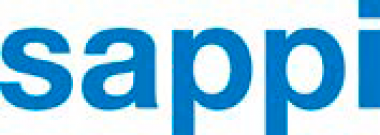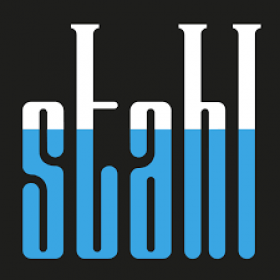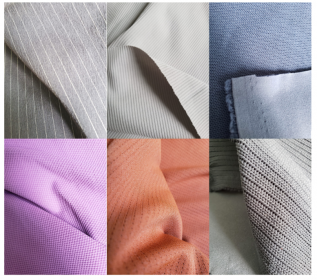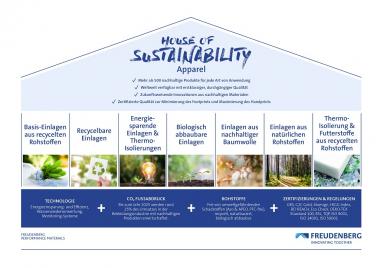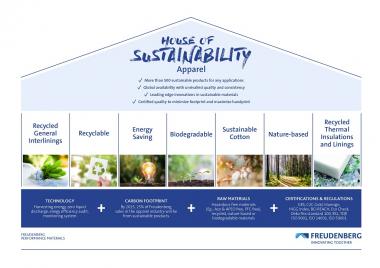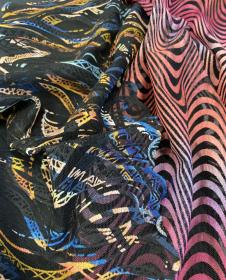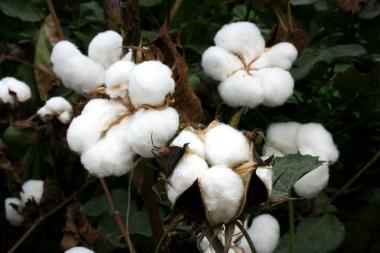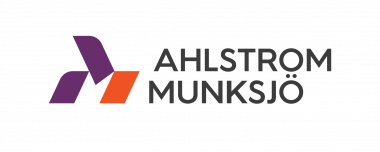Sateri has been awarded the Oeko-Tex STeP certification
Sateri’s Lyocell facility in Rizhao, Shandong Province, has been awarded the Sustainable Textile Production (STeP) certification for responsible production, making it the first Lyocell producer in China to be certified to the rigorous standards set by independent Swiss-based certification organisation OEKO-TEX®. Sateri’s Lyocell facility has also obtained the highest ranking of level three in the certification assessment scoring for exemplary implementation of best manufacturing practices.
Together with its earlier achievement of the STANDARD 100 by OEKO-TEX® certification that confirms its Lyocell fibre is free from any harmful substances and complies with European standards, Sateri’s lyocell products are qualified to carry the MADE IN GREEN by OEKO-TEX® product label. This label not only attests to Sateri’s Lyocell fibre as safe and manufactured in environmentally-friendly, socially responsible and safe facility, but also the Group’s commitment to higher levels of transparency and accountability through the product traceability feature of the label.
The STeP by OEKO-TEX® certification comprises three levels describing the extent to which a company has achieved sustainable production and working conditions of factories in the textile industry. The areas of assessment include chemicals management, environmental performance, environmental management, social responsibility, quality management, as well as occupational health and safety.
Sateri’s Lyocell fiber factory in Rizhao commenced operation in May 2020, with an annual output of 20,000 tonnes of Lyocell fiber. The same site houses a 5,000 tonne Lyocell pilot production line dedicated for the development of Lyocell application technology. In March 2021, the Group announced plans to expand its Lyocell annual production capacity in China up to 500,000 tonnes by 2025.
A natural and biodegradable fibre, Sateri’s Lyocell is made from wood pulp sourced from certified and sustainable plantations. It is manufactured using closed-loop technology, requiring minimal chemical input during the production process, and utilising an organic solvent that can be almost fully (99.7%) recovered and recycled.
Sateri’s Lyocell is used to produce high quality textiles and personal hygiene materials. Using a unique high technology manufacturing process, it has outstanding dry and wet strength, high uniformity and consistency, and superior quality. It blends well with various textile fibres to create different fabric styles and characteristics for wide downstream applications.
Sateri








